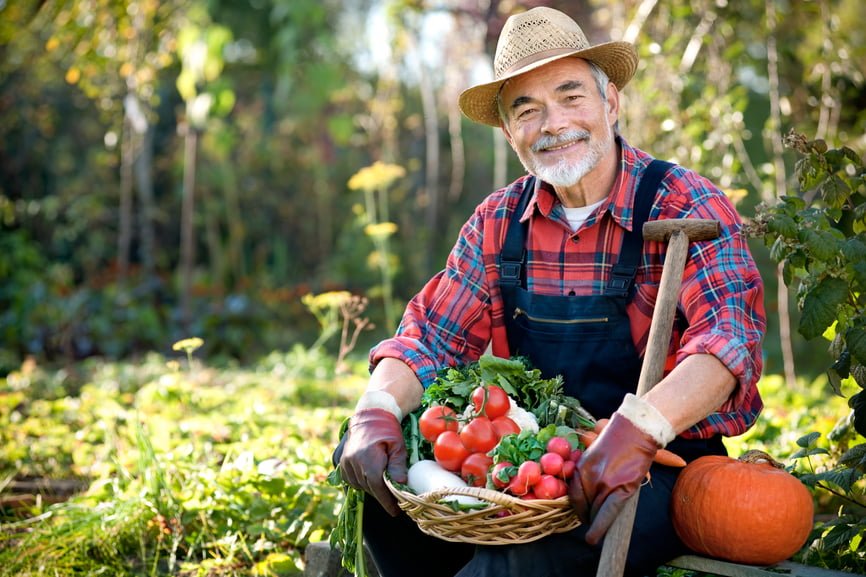
The more we learn about chemicals, the more organic gardening sounds like a wise idea. Many families have become interested in growing their own food at home to improve the environment and reduce exposure to chemicals and additives used in commercial farming. Gardening is a great family activity and teaching your children how to grow food using natural, organic methods will keep them healthy and teach them to make better food choices.
What is Organic Gardening?
There are many definitions of organic gardening and agriculture, depending on whom you ask. Essentially, this term means growing plants and crops for the purpose of health, safety and sustainability using only products and methods considered natural. Using sound ecological principals, organic growers take advantage of biological soil processes, local climate cycles and native plant species to grow healthy plants without chemical fertilizers. Natural methods of pest and disease control eliminate the need for non-organic treatments of any kind.
Controlling Garden Pests and Diseases Organically
In organic gardening, pests are prevented and controlled using biological and integrated methods. Biological control agents, a fancy term for natural predators, are used to control the usual suspects responsible for damaging your garden. For example, ladybugs and their larvae are natural predators of aphids, mites, and damaging caterpillars. Likewise, plant diseases and weeds are controlled using biologic antagonists. A thick layer of mulch in the garden, for example, will prevent light from reaching weeds, discouraging their growth. Spraying the soil with a weak solution of chamomile tea will discourage fungus and pathogens.
Organic Garden Fertilizer
Organic fertilizers come from plants, minerals, or animal byproducts, and are designed to provide nutrition to both plants and the soil. Chemical fertilizers feed roots and plants, but do nothing to nurture the soil or the beneficial microorganisms that live in it. Don’t worry that you’ll have to mix up your own organic fertilizer. There are many excellent all-purpose organic fertilizer products available commercially in both liquid and dry form. If mixing up your own plant-specific fertilizer is of interest, you can find many great resources and recipes on the internet. Be sure to talk with your local garden specialist however, as regional climate and geography will help determine the most effective approach.
Remember that the heart of successful organic gardening is healthy soil. Use organic soil conditioners and amendments to enhance soil’s natural properties. Many experts suggest taking a soil sample to your local university extension for testing. Once you know the soil’s primary makeup, your garden center can recommend natural products to best enhance its growing potential. There’s no real mystery to organic gardening and all you need to get going is as close as Millcreek Gardens.


